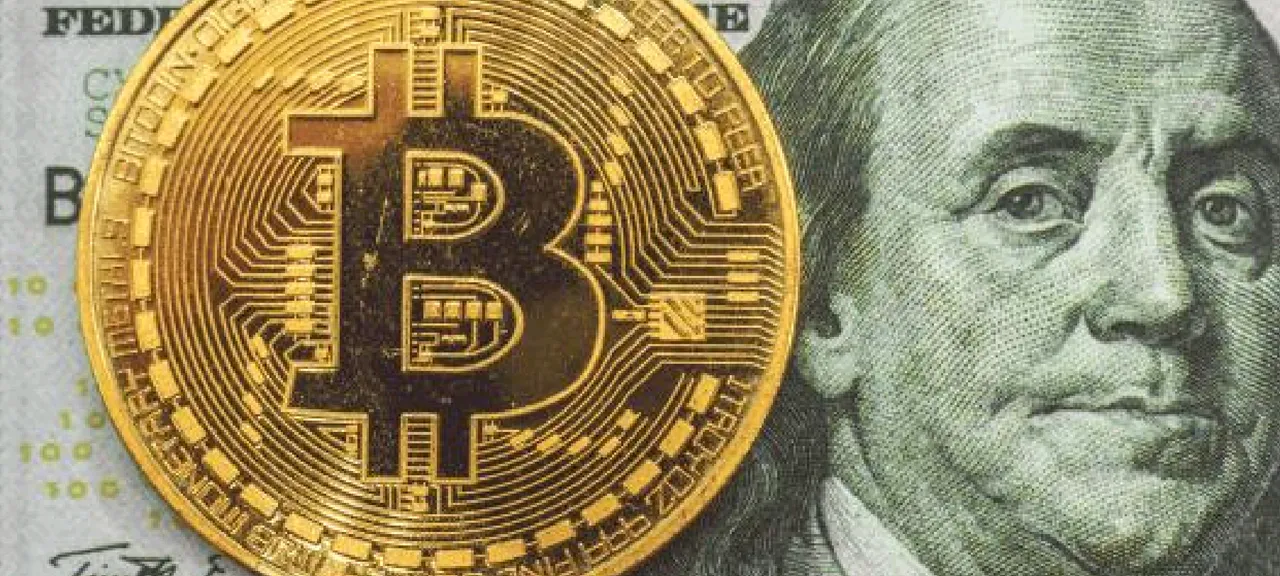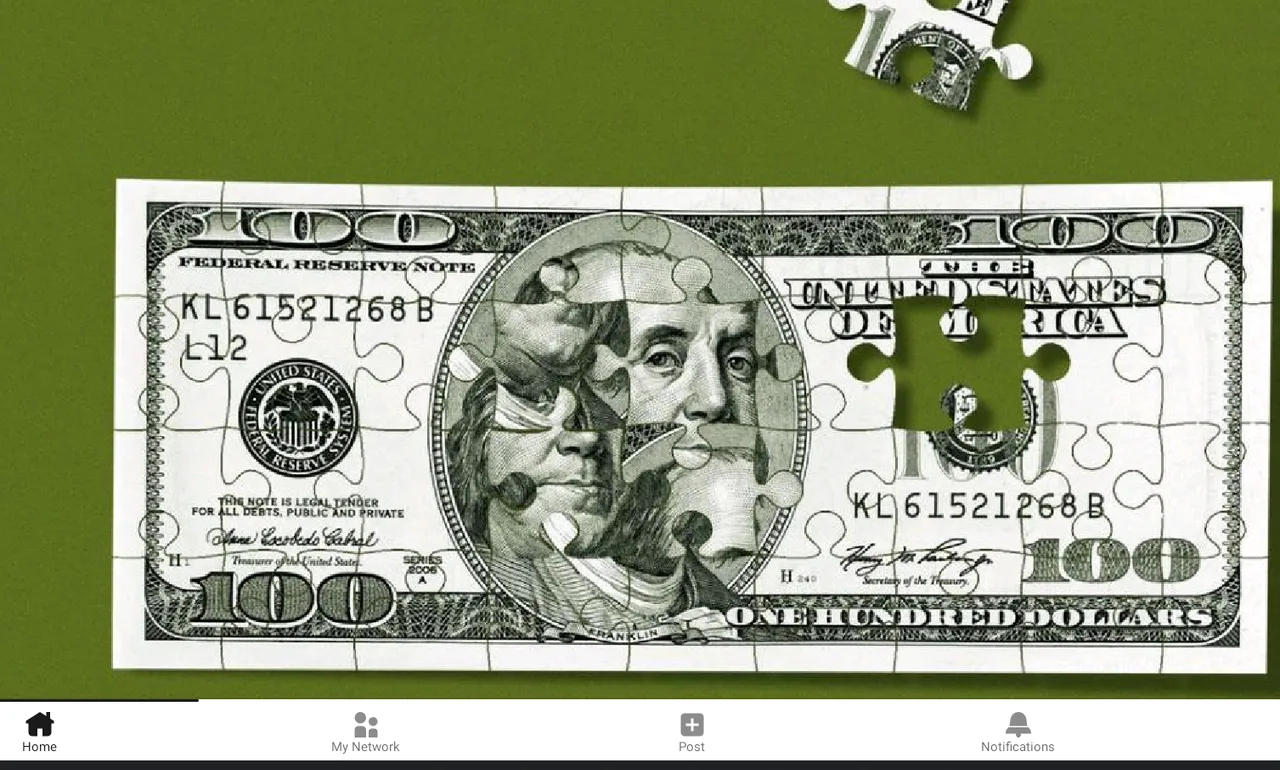"We’ve all been bystanders watching events go by, not understanding their true meaning." ~Kid by the Side of the Road

Printable Version
Ex parte Milligan
Digital History ID 4018
Date:1866
Annotation: Supreme Court ruling on the power of the federal government to institute martial law.
During the Civil War, President Lincoln, concerned that Southern sympathizers might weaken the war effort in the North, instituted commands that placed civilian areas under military control and imposed martial law. These orders allowed the military to arrest and try those civilians suspected of being disloyal.

However, under the Constitution, habeas corpus guarantees that all citizens have the right to trial and to have the court of law determine if a person was imprisoned lawfully; thus, preventing government from acting illegally.
In this case, Lambdin Milligan and four other men in Indiana were arrested and sentenced to death for conspiring to steal weapons and free Confederate prisoners of war. Milligan appealed the case, pleading habeas corpus as a Constitutional right. The Supreme Court decided that President Lincoln had overstepped the boundaries of the law when he imposed martial law. Milligan was released from prison.
Document: U.S. Supreme Court
Ex Parte MULLIGAN 71 U.S. 2 (4 Wall.) (1866)
